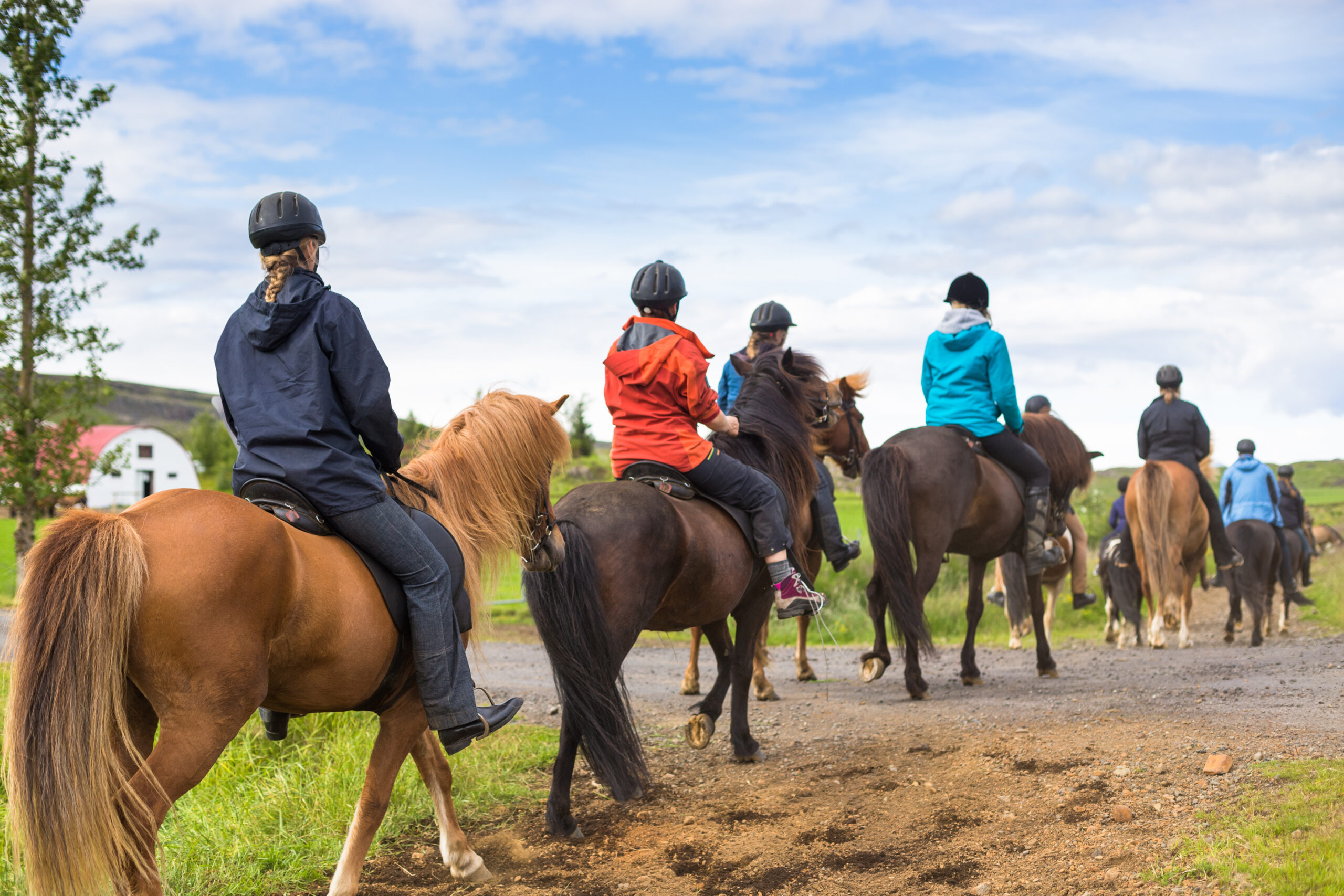Menu

Do you remember the calm and perhaps a bit stubborn Pony Tarzan from your childhood riding school? He was an excellent pony for beginners because he seldomly moved very much. Actually, he was quite lazy almost impossible to move. However, this laziness might not be all that positive. At least not if you read the investigation completed by a research team from Sidney University. The results indicate that behaviour like Tarzan’s can be a sign of frustration, because different people are riding him every day.
We are probably many who have thought about whether a horse can be damaged from ridden by several different riders. Reading the research, it seems like one of the reactions are lower acceleration, deceleration and general limited reaction towards signals from the rider. In other words, horses become numb for signals when change of riders happen on a frequently basis. They simply do not move forward very easily. However, in terms of signals of stress no signs indicate that beginners are the reason for creating more stress for the horse.
If you leave out stress signals, the research, however, illustrates that beginners often with insecure and unsteady hands, legs and balance might have an effect on the slow reaction from horses changing riders often.
The Sidney University team has based their study on 1819 horses based on their (as mentioned above) acceleration, deceleration and general reaction towards signals from the rider. The investigation indicates that horses exposed to several shifts of riders are more likely not to react on signals from the riders’ legs or tender usage of whip compared to horses ridden by fewer riders.
“This conclusion shows that horses might have been exposed to a wrongful use of legs and whip,” the researchers explain and continue:
“This could lead to a downward welfare spiral, as riders or trainers may resort to using stronger pressure or punishment techniques when a horse is seen as unresponsive.”
As the horse become older the better it is at recognizing signals.
As a young horse, it seems like mares are better at reacting on signals from the reins than geldings, but this equalizes as the horse grows older, the scientists say.
The different breeds also have an impact on reaction. The American Standardbred were more difficult accelerating but easier to decelerate than crossbred. Heavy horses, Iberians, Warmbloods and Quarter horse were also easier to decelerate than crossbred. The heavy horses were also better at reacting on signals from the reins than Crossbred.
The scientists stress the fact that Standardbred often are used in harness races, and therefore do not have the necessary knowledge of leg signals from a rider.
The team behind the study:
The University of Sydney: McKenzie, Kate Fenner, Michelle Hyde, Ashley Anzulewicz, Bibiana Burattini, Nicole Romness, Bethany Wilson and Paul McGreevy.
If you want to know more, you can find the study here.